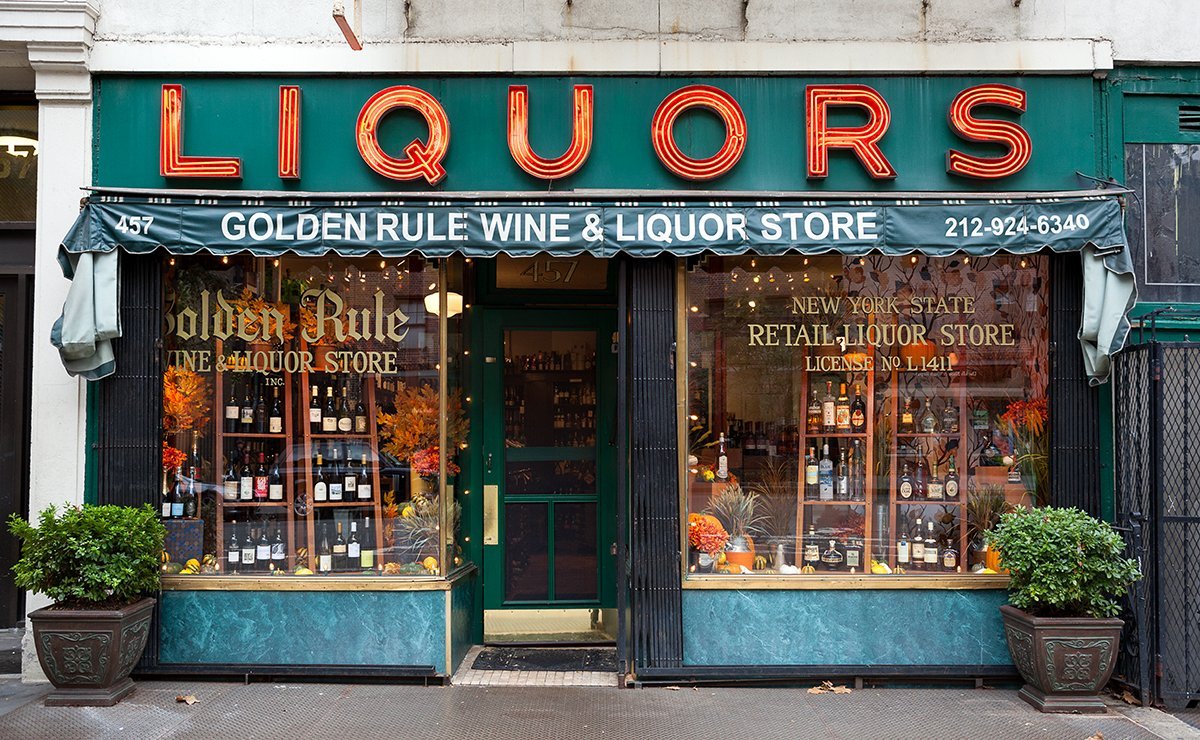Introduction: The Role of Liquor Stores in Society
ilquor store, often situated in the heart of communities, play a multifaceted role in society. They are not just retail establishments where alcoholic beverages are sold; they are cultural touchstones and economic contributors. These stores cater to diverse clientele, providing a wide array of products that range from locally crafted brews to international spirits. By examining the various dimensions of liquor stores, we can better understand their significance beyond the mere transaction of alcohol.
Economic Impact: Small Businesses and Local Economies
Liquor stores are often small, independently owned businesses that significantly contribute to local economies. They generate employment opportunities, from store clerks to managers, and often source products from local breweries, wineries, and distilleries, thereby supporting other small businesses. Additionally, these stores contribute to the tax base through sales and excise taxes, which are used to fund community services and infrastructure. The economic ripple effect of a well-run liquor store can be profound, creating a robust support system for the community it serves.
Cultural Significance: A Hub for Social Interactions
Beyond their economic contributions, liquor stores serve as social hubs within communities. They are places where neighbors meet, exchange stories, and celebrate milestones. The selection of products often reflects the cultural and demographic diversity of the neighborhood, offering a curated experience that caters to various tastes and traditions. In many cultures, alcohol plays a pivotal role in social rituals and celebrations, making liquor stores essential venues for acquiring the necessary ingredients for these important events.
Regulatory Landscape: Navigating Legal Complexities
The operation of liquor stores is heavily regulated, with laws varying significantly from one region to another. These regulations cover everything from licensing and hours of operation to the types of products that can be sold. Navigating this complex legal landscape requires a keen understanding of both local and national laws. Compliance is critical, as violations can result in hefty fines or even the loss of the business license. The regulatory environment also aims to address public health concerns by controlling the sale and distribution of alcohol, attempting to strike a balance between economic interests and social responsibility.
Challenges and Opportunities: The Future of Liquor Stores
Like any other business, liquor stores face their own set of challenges and opportunities. The rise of e-commerce and changing consumer preferences have forced many traditional liquor stores to innovate. Some have embraced online sales and delivery services, while others have expanded their product lines to include artisanal and craft beverages that cater to niche markets. However, challenges such as increased competition, regulatory hurdles, and societal shifts towards healthier lifestyles pose ongoing threats. The ability of liquor stores to adapt and evolve will determine their future viability in an ever-changing marketplace.
Conclusion: The Enduring Relevance of Liquor Stores
In conclusion, liquor stores are far more than mere points of sale for alcoholic beverages. They are integral parts of the community fabric, contributing economically, culturally, and socially. The regulatory environment surrounding these stores underscores the need for responsible business practices, while the challenges and opportunities they face highlight the dynamic nature of the industry. As long as they continue to adapt and meet the needs of their communities, liquor stores will remain relevant and vital fixtures in society.
